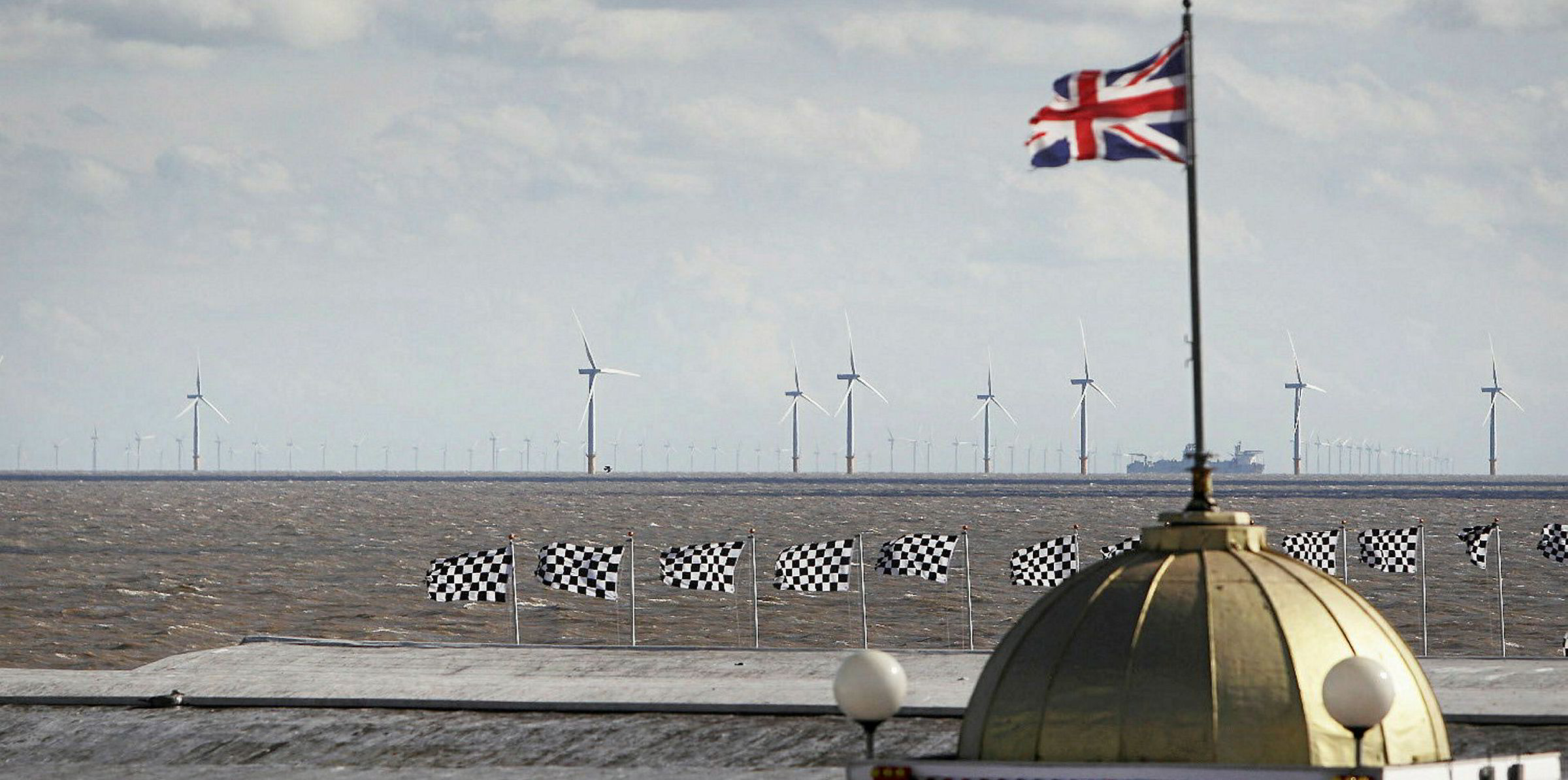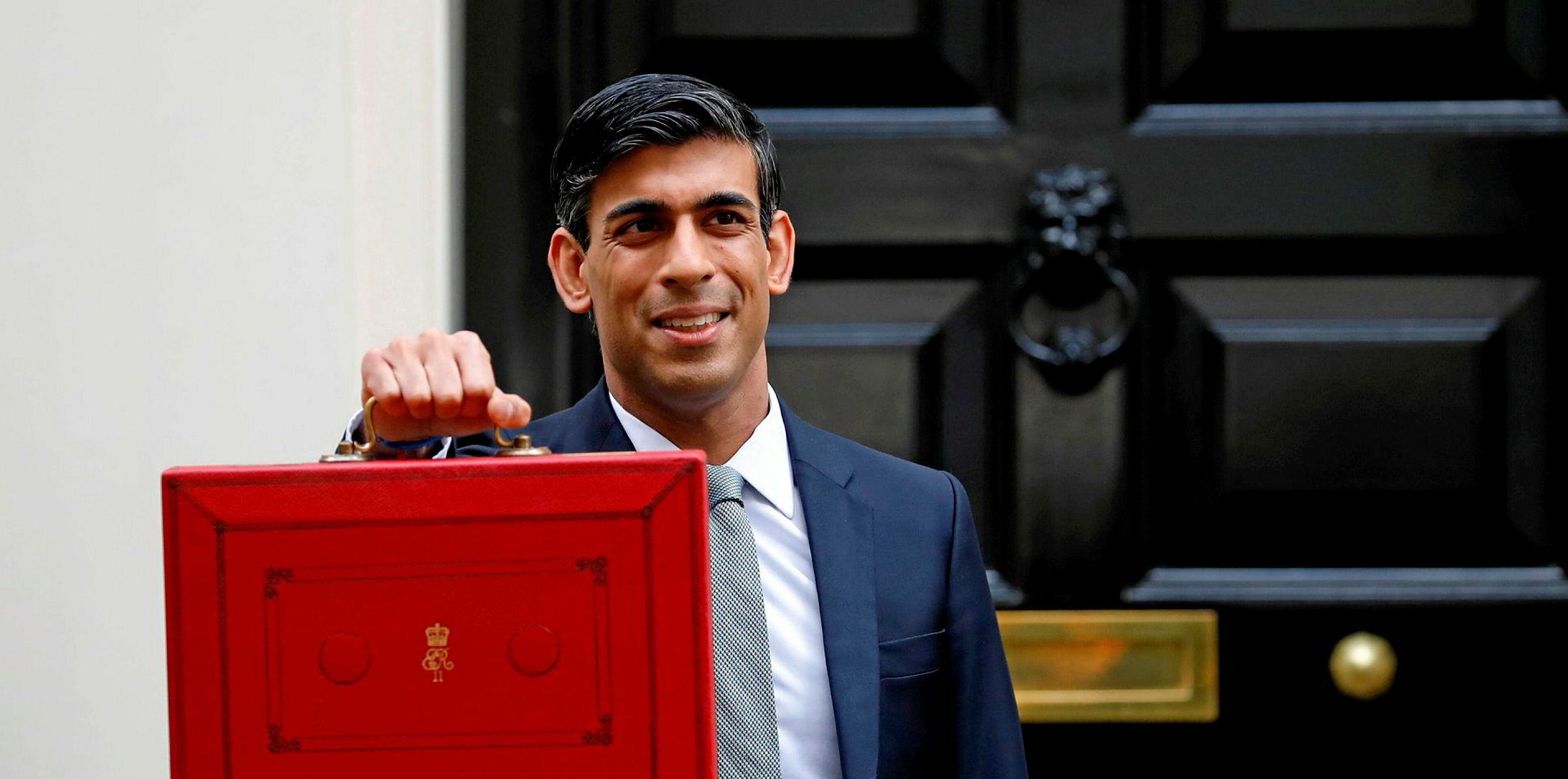UK government annual statistics have highlighted the record-breaking performance of renewables which provided a record 37.1% of the UK’s electricity last year, up from 33.1% in 2018, with wind power playing a major role.
The Department for Business, Energy & Industrial Strategy (BEIS) Digest of UK Energy Statistics 2020 noted that 2019 was the first year in which renewables accounted for more than one third of the country’s total electricity generation, mainly due to increased onshore and offshore wind capacity.
Wind alone generated a record 20% of the UK’s electricity last year - 10% coming from onshore and 10% from offshore. Wind also set new records in the annual quantities of power it provided, with onshore and offshore each generating 32TWh. Renewables overall provided 121TWh. The total annual amount of electricity generated from all sources in 2019 was 325TWh.
Low carbon generation from renewables and nuclear hit a record 54.4%, despite nuclear falling to 17.3% as a result of outages and maintenance, according to BEIS. Gas generated 40.6% while coal fell to an all-time low of 2.1%.
BEIS said primary energy production fell marginally in 2019, down by 0.2% on a year earlier. This fall was due to reduced output from gas and nuclear. Overall, fossil fuel production decreased with coal output down by 16% to a record low of two million tonnes produced in 2019.
“This decrease in output was mainly due to lower demand for coal-fired electricity and mines closing, with other collieries producing less coal as they are coming up to closure” said BEIS.
“At a time when so many things seem uncertain, the consistent rise of renewables, keeping the UK powered up, bringing billions in investment in new energy infrastructure and creating highly skilled jobs all over the country, is a terrific success story we can all be proud of,” said RenewableUK’s deputy chief executive Melanie Onn.
“Today’s figures confirm just how far we’ve come in the revolution in power generation. In 2010 less than 7% of our electricity came from renewables – now it’s 37%. But we know that to tackle the existential threat of climate change, we need to decarbonise not just electricity, but also heating and transport, where progress has been glacial.
“We need innovative power sources like floating wind, wave and tidal power, renewable hydrogen and a massive expansion in battery storage to get us to net zero emissions as fast as possible – so there’s no time to rest on our laurels”.
Nina Skorupska, chief executive of the Renewable Energy Association, said “the growth of renewable electricity in the UK continues to be a major success story. The UK continues to break records and the success of getting to just under 40% renewable electricity generation in little over a decade needs to be celebrated.
“The UK still has legally binding targets to reach 15% renewable energy by this year. These figures for 2019 demonstrate that power is doing all the heavy lifting in getting us towards that target. Urgent and ambitious policy now needs to be brought in to address this slow progress in heat and transport. This needs to be done now if we are to remain on track to meet our 2050 net-zero targets.”





